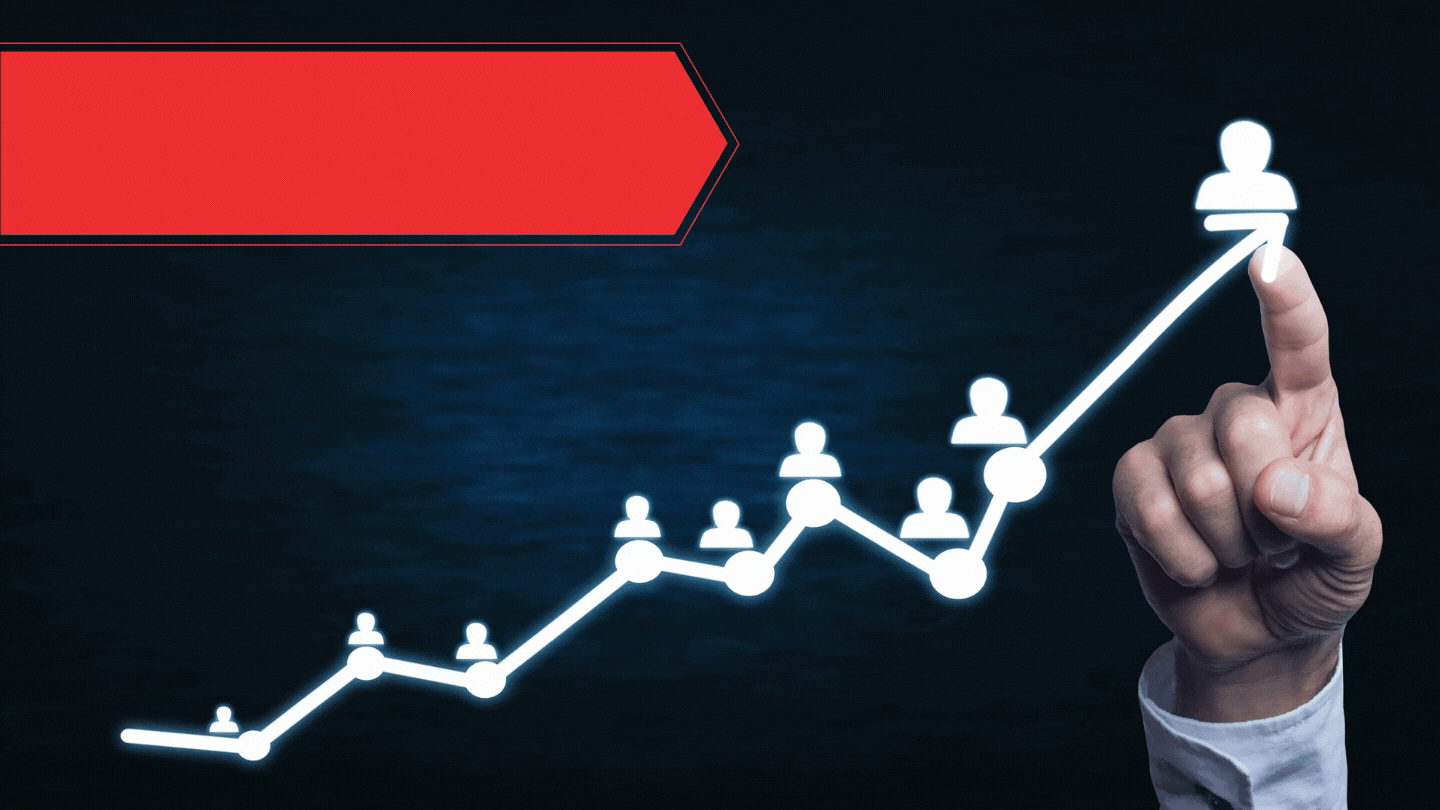
As a marketer, it's safe to assume you've experienced the frustration of building new campaigns and content assets, only for the focus to shift drastically. You have to throw away all that sweat equity and start the content creation process from scratch. There is a better way!
The growth-driven design (GDD) process offers a streamlined and proven approach to designing, building, and continually-optimizing marketing campaigns.
It's the BEST way to reduce risk – and frustrations – when designing a website, building digital marketing campaigns, and other deliverables.
Keep reading to learn why and how the growth-driven process works for all your marketing efforts!
Why the Growth-Driven Design Process is Different
Growth-driven (GDD) design calls for the intentional, agile creation of marketing materials.
While the strategy commonly relates to website design, GDD encourages analyzing data and using audience feedback for building out marketing campaigns.
There are many advantages to choosing a GDD approach over other traditional marketing methods. Here are three.
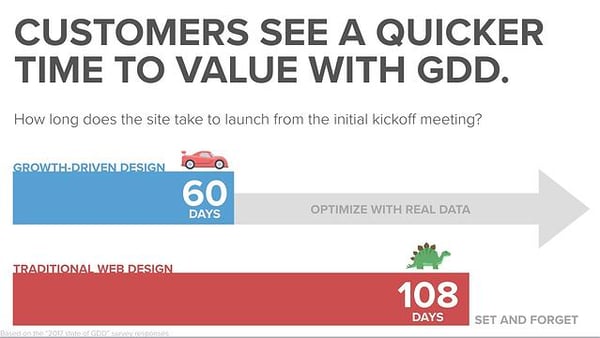
Advantage #1: Get Started - Fast!
Traditionally, web design and marketing campaigns follow a long-winded ideation, creation, and revision cycle before launching content. This conventional approach worked fine for the traditional consumer, but not today's fast-paced competition for an individual's attention.
One of the most significant differentiators of the GDD process is the speed of launching a new marketing initiative. This approach allows brands to accumulate customer data from published content immediately. This immediate feedback feed enables your brand to start planning smarter future content efforts.
The quicker you are to launch fresh content, the faster you can offer a more compelling message to your audience.

Advantage #2: Planning Shifts Come From Data, Not Jim in Accounting
The issue with traditional marketing design is the lack of input from real-life consumers. Your target audience's behaviors and opinions are far more reliable than your departmental echo chamber.
Instead of investing massive funds on quickly-forgotten content, growth-driven design preaches continual additions and optimizations based on USER DATA.
It takes the guesswork out of knowing what will or will not be successful because you cater to consumer expectations.
When following the GDD process, our team assesses consumer data every week, planning new content efforts and current content optimizations based on this feedback. We think this approach will work for you too.
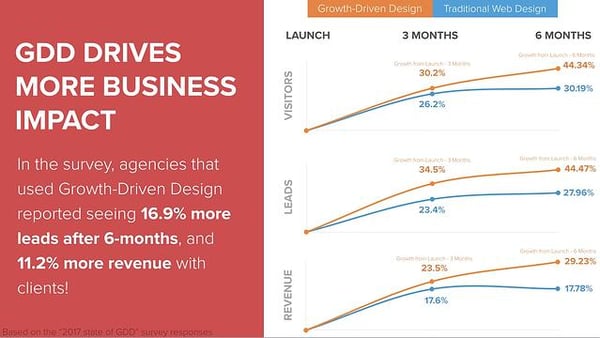
Advantage #3: Experience Steady, Incremental Growth
Another benefit to GDD is the focus on small, incremental growth. An extensive campaign launch could produce an initial massive spike in audience feedback and sales, which then peters out quickly.
Instead of the "big bang" approach, GDD preaches a "LaunchPad" approach. How does this work? Release a small, focused set of assets to get your brand or campaign on the audience map. Then focus on data and feedback to build out your initial efforts.
This strategy yields slower yet steadier results, which results in a more robust overall marketing campaign. Just make sure you provide attractive and numerous opportunities for customer feedback!
So What is the Growth-Driven Design Process?
The growth-driven design process breaks down into three phases:
- Strategy planning
- The LaunchPad
- Continuous improvement
1. Strategy Planning
The best-laid plans come paved with good intentions – or in this case, strategy. Before designing a marketing campaign, it is crucial to map out a plan to tailor to customer needs. Ask yourself and your team key questions such as:
- What are our goals?
- Who is our target user?
- What are customer pain points?
- How can we help offer a solution?
These questions can be answered in a team brainstorming session or rely on third-party market research such as user experience research.
2. The LaunchPad
The LaunchPad phase of the GDD process is the baseline for continuous improvement. Rather than waiting three to six months to launch a campaign in its entirety, the growth-driven design process calls for publishing content in as little as a month. This approach typically consists of a webpage, a handful of blog posts, one or two short-form interactive pieces (videos, audio snippets), and multiple CTA offers.
The marketing team then relies on actual user data and feedback to plan new content and optimizations.
3. Continuous Improvement
After building a foundation to build your campaign upon, the last phase is executing on continuous improvements. When you work with a growth-design agency such as Rizen, you'll have continual access to campaign performance and an agile marketing plan to continue building upon.
The Importance of Agility in Marketing Strategy
Consumer behavior and trends are continually evolving. As a result, marketing agility is more important than ever. Creating a flexible plan allows your team to adjust to new trends quickly. Additionally, you'll build a culture focused on a cycle of brainstorming new ideas, putting ideas to action, and using data to see what works.
Together this approach places a stronger emphasis on valued customer experience and satisfaction. As a result, your organization will see a greater return on investment for a new website, marketing campaigns, and other content efforts.
Following the growth-driven design process is the best way to achieve agility in your marketing strategy.

Develop a Growth-Driven Design Process with Rizen
Rizen is a growth-driven design certified marketing agency focused on innovative strategies and proven tactics to help you grow.
With more than:
- Ten years average experience of our team members
- More than 60+ marketing and sales certifications
- Over 1,000-page one rankings
- and 20+ 5-Star Reviews
We can help your brand identify and reach your goals.
Whether your organization needs a new website or just more quality leads, Rizen can help. Let's talk! Contact Rizen by calling (305) 548-8464 or scheduling a FREE consultation.


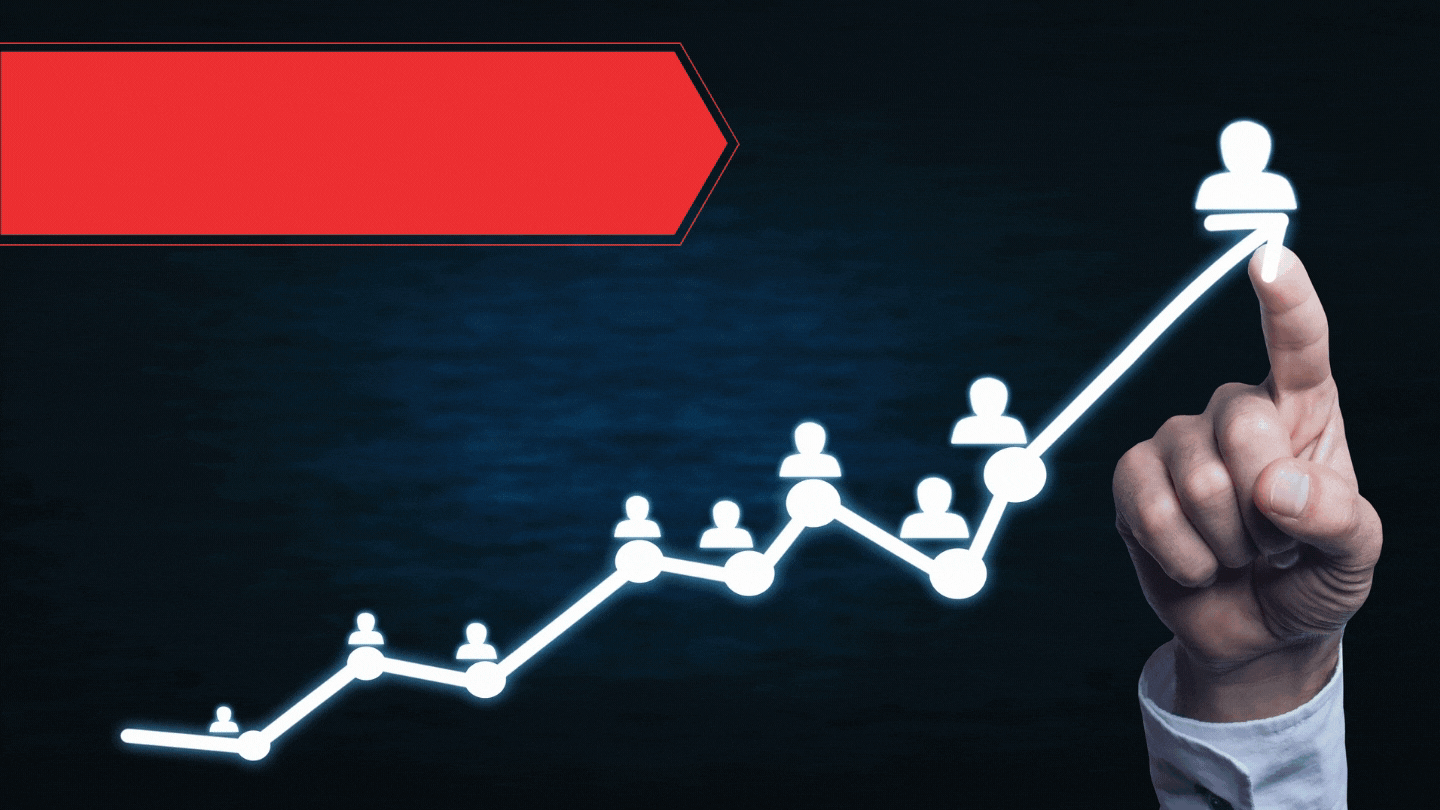

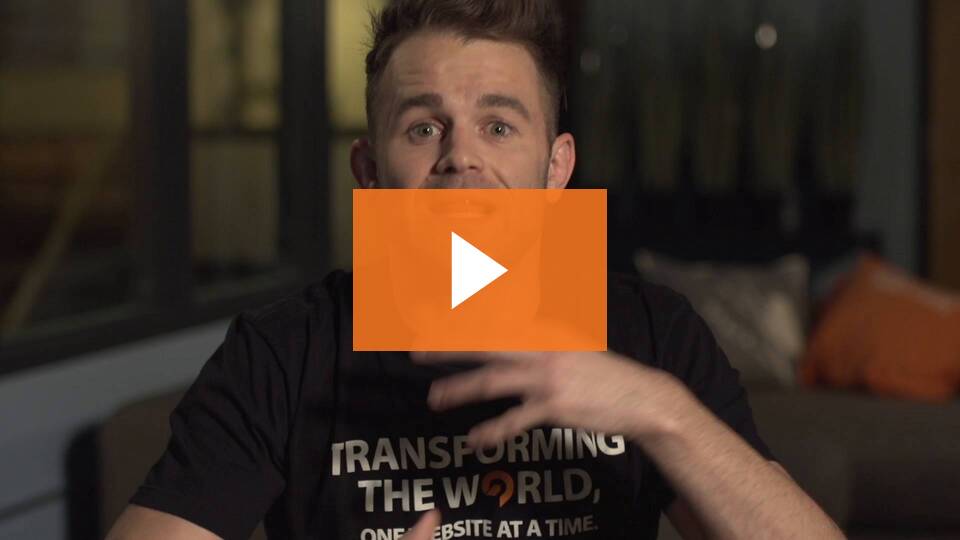
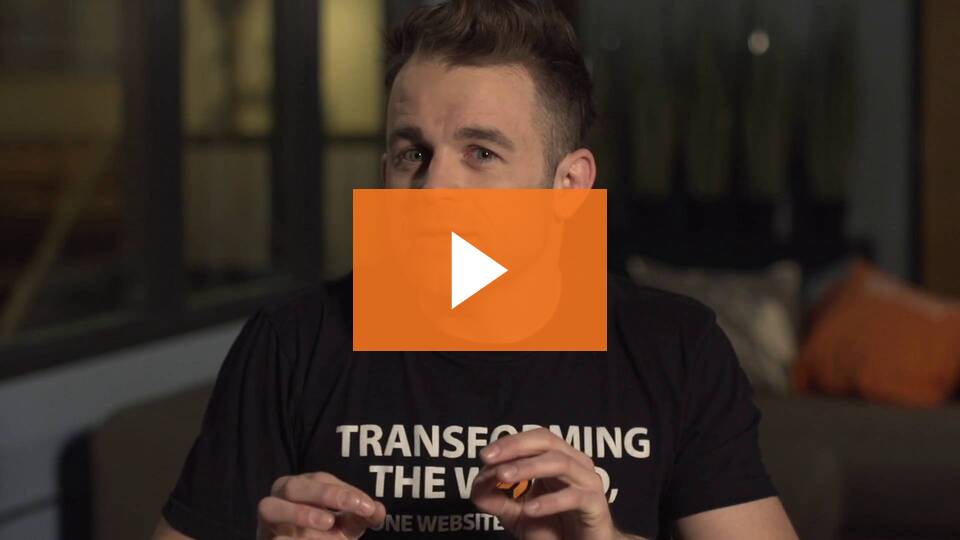




No Comments Yet
Let us know what you think